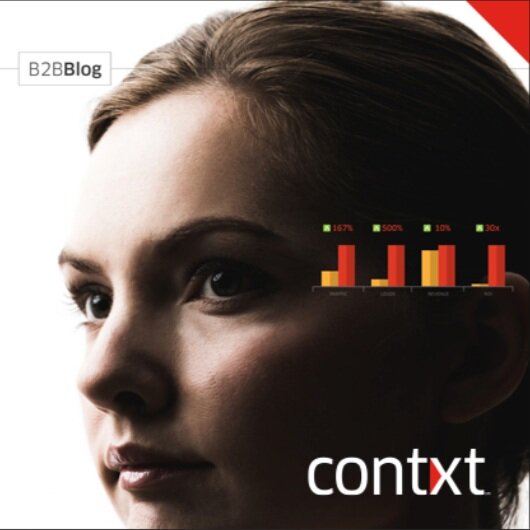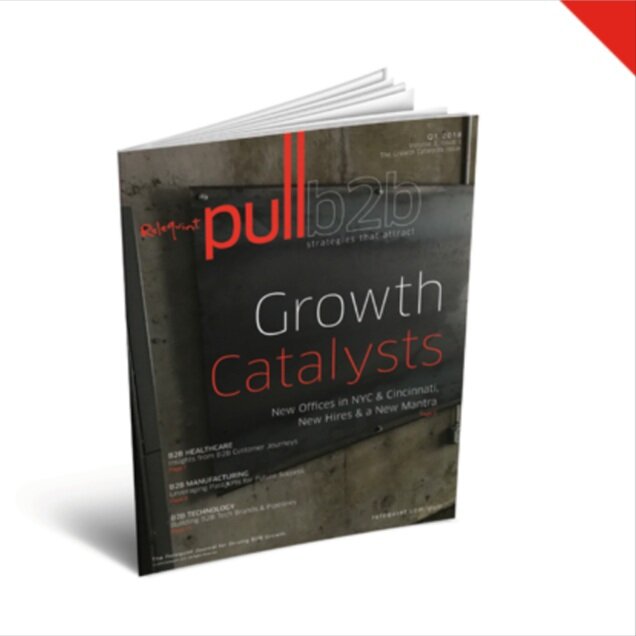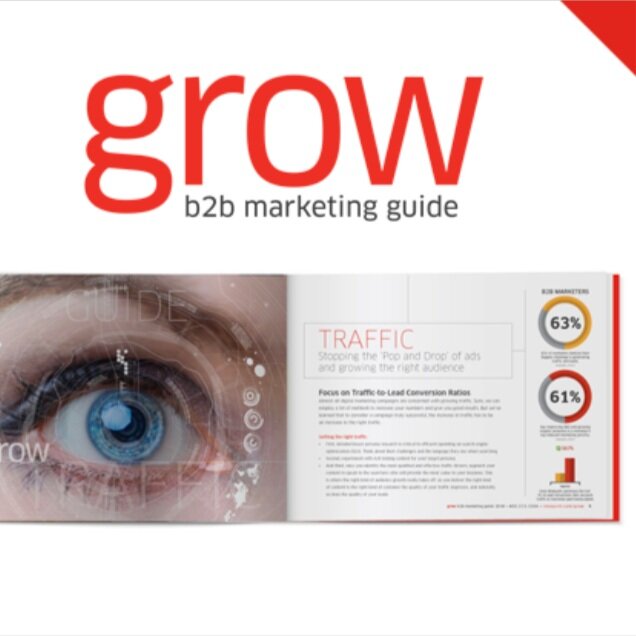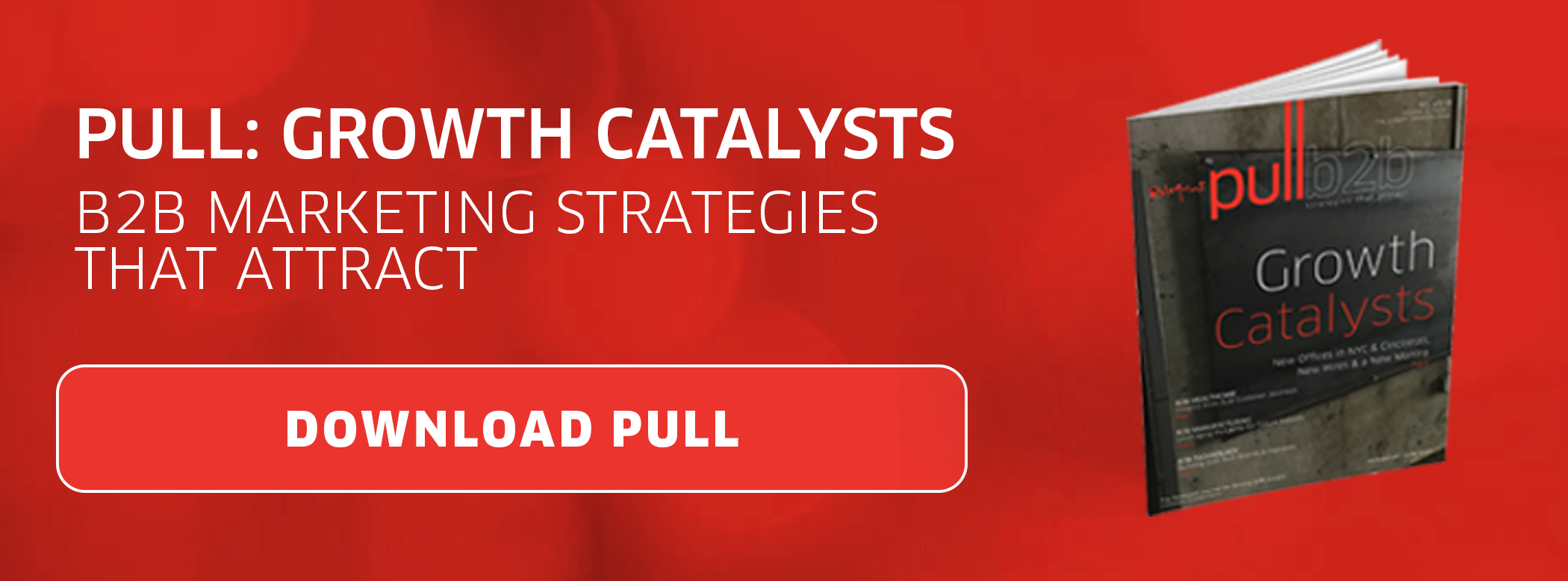 Marketing automation platforms have made it simpler and more streamlined than ever to attract, manage and actively sell to your B2B prospects, and there are also more to choose from than ever — dozens designed with B2B marketers in mind.
Marketing automation platforms have made it simpler and more streamlined than ever to attract, manage and actively sell to your B2B prospects, and there are also more to choose from than ever — dozens designed with B2B marketers in mind.
But with all of the different automation features and functionalities that leading platforms such as HubSpot, Pardot and Marketo have relative to your marketing goals, are you really getting the most out of your current marketing automation platform? And how do you know whether you’re using the best one for your business?
Why Marketing Platforms Are So Drastically Underutilized
If you’ve struggled with using the full feature set of your marketing automation platform, you’re not alone. In a survey by Ascend2, 85 percent of B2B marketers reported that the implementation of a marketing automation system is either “somewhat” or “extremely” complicated. And more than half said that implementation was the most important factor in selecting a martech platform — even more important than cost and analytics capabilities.
In addition, an eMarketer study found that about 66 percent of all marketers utilize a marketing automation platform. But while 33 percent put profile-based targeting to use, just over 25 percent employed personalization via dynamic content (content that changes depending on who engages with it and when.) These marketers definitely want to make use of these innovative new techniques, but frequently find themselves hitting technical obstacles.
The main issue with features like dynamic content and profile-based targeting is that they often require add-ons on top of the marketing automation platform itself, if they can integrate to begin with. Because the tech stacks can't integrate the customer data necessary for these functions, the data and automation gets siloed as a result. The ideal platform is one that collects this data in one place and doesn’t require add-ons to execute these strategies.
Which Marketing Automation Platform is Ideal For Your Business?
There are various tools you can use to compare the different features, bonuses, drawbacks, and technical specs of marketing automation platforms, such as Capterra and G2 Crowd. They offer high-level independent reviews and comparisons of the various marketing platforms out there.
But if you're looking for an extremely concise summary of what three of the leading marketing automation platforms have to offer, here's our verdict on the strengths and weaknesses of HubSpot, Pardot and Marketo.
HubSpot
HubSpot is a versatile solution more oriented on finer-tuned psychographics opposed to broad demographics, which makes it ideal for B2B companies with thoroughly-researched, detailed buyer personas. Its versatility lends the best "all-in-one" functionality and user experience compared to Marketo and Pardot as far as automation, integration and analytics are concerned.
HubSpot also prioritizes attracting more leads and converting them into sales for any company size or type selling virtually any product or service. Its comprehensive analytics and reporting features also make it easy to prove ROI.
Finally, HubSpot’s software makes it easy for sales and marketing to work together and easily switch back and forth between sales and marketing dashboards. Companies can use HubSpot’s built-in CRM or integrate it with a number of other popular CRMs, including Salesforce.
Pardot
Pardot is the automation solution for Salesforce and is highly customizable. Because Pardot was acquired by Salesforce, it has the most seamless integration with their CRM, which makes it easy for existing Salesforce users to pick it up. But while the organizational structure is similar to Hubspot, integration isn't as easy or stable if you're using CRM data from other platforms that aren't Salesforce.
Pardot is a powerful solution if you're already a Salesforce user, though you don’t have to rule it out if you're using a different CRM solution. Bear in mind that integration and overall functionality is more difficult, and it lacks the integrated blogging and content management aspects of HubSpot and the stack strength of Marketo.
Marketo
Marketo, which specializes in custom solutions for enterprises, requires a bit more IT knowledge than HubSpot. It's very popular in high-tech industries and marketing-driven startups. Marketo lets you control just about every aspect of your marketing via stack, which makes it significantly more expensive to operate, but it's popular among larger companies with ample marketing resources for this reason.
Because Marketo's chief strength is tech stack, it can be easily connected to almost any other technology to create a paramount, custom-fit stack that all-in-one solutions like HubSpot and Pardot can't provide.
The drawback is the initial and ongoing expense — from $1,195 to upwards of $12,000 per month vs. $200-$2,400 per month for HubSpot — which is hard to justify or properly utilize without having plenty of tech muscle in the marketing department.
Final Considerations
The ideal marketing automation platform for your organization should fit your automation needs in addition to the technical capacity you currently have. User experience and marketing functionalities are the top two factors you should consider, but the right platform ultimately depends on how complex your marketing needs are.
Ultimately, the best solution may be to work with an experienced agency that can help you choose the best marketing automation platform for your needs — and manage its extensive capabilities for you. ![]()







 By
By 
